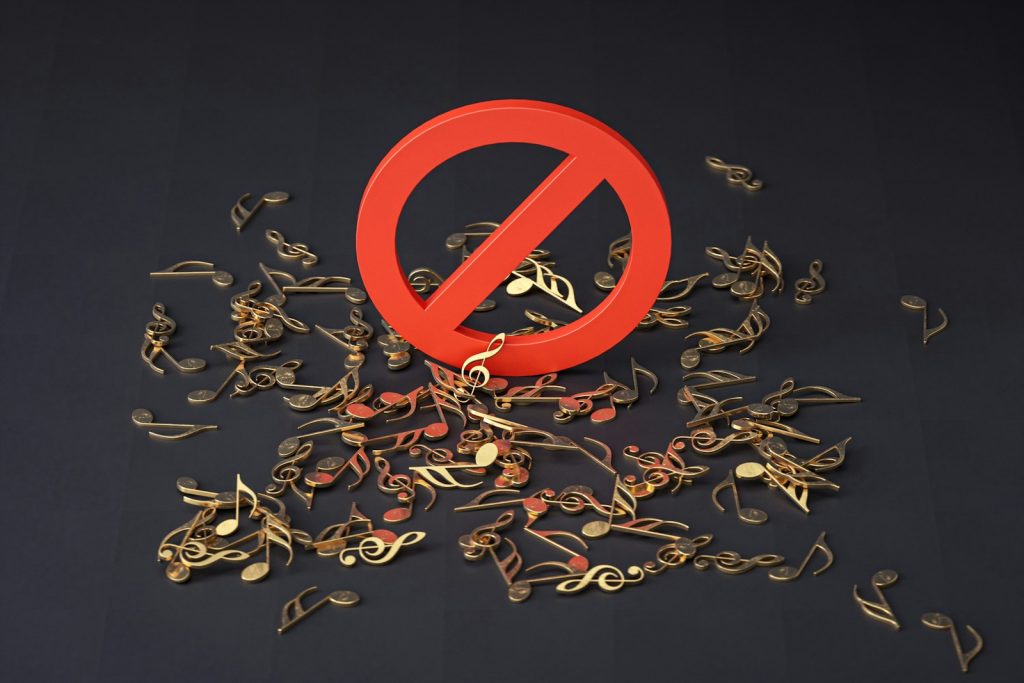 As an entertainment lawyer in Nigeria, I frequently handle a wide range of intellectual property and copyright issues on behalf of artists and musicians. It’s widely recognized in the music community that mastering just three chords—G, C, and D—on the guitar enables one to play numerous hit songs. This simplicity has led to many musicians facing controversies for repeatedly using these same chords. The term “three-chord” has practically become its own genre. Given the finite number of notes and limited chord progressions, musicians often find themselves inadvertently breaching copyright laws.
As an entertainment lawyer in Nigeria, I frequently handle a wide range of intellectual property and copyright issues on behalf of artists and musicians. It’s widely recognized in the music community that mastering just three chords—G, C, and D—on the guitar enables one to play numerous hit songs. This simplicity has led to many musicians facing controversies for repeatedly using these same chords. The term “three-chord” has practically become its own genre. Given the finite number of notes and limited chord progressions, musicians often find themselves inadvertently breaching copyright laws.
Copyright disputes are both time-consuming and costly. So, what can musicians do to avoid copyright violations?
1. Understand What Constitutes a Copyright Violation
It’s essential to know what copyright is and when it is violated. There’s a common misconception that copyright laws are the same as those for trademarks, patents, and licenses. Copyrights are relatively easy to obtain and, unfortunately, just as easy to breach, intentionally or not. Since the Copyright Act and the Berne Convention impose similar restrictions, familiarizing yourself with both is a wise first step.
2.Use Only Your Original Work
A fundamental principle of copyright law is that you should not use someone else’s work without permission. If you’re not the original author, you need to obtain permission from the copyright holder. Whether or not a work has a copyright symbol, you should only use your original creations. If you’ve copied from another song or musician, you would know.
3. Register Your Copyright
Although copyright protection is automatically granted when a work is created, registering with the Copyright Office provides additional benefits and protections. In many countries, copyright registration enables authors to claim statutory damages and legal costs if their work is misused without authorization. In Nigeria, copyright registration isn’t mandatory to enforce rights, but it offers some benefits, even if it’s not as robust as in other jurisdictions.
4. Using Notes from Other Songs
There are no strict limits on the number of phrases or melodies you can use from another song under Nigerian copyright law. While inspiration is natural, crossing the line into plagiarism is a risk. A song created using your own talent, labour, judgment, and effort is considered original and protected by copyright. The song must be fixed in a tangible form to be preserved. Originality in music isn’t measured by the number of notes but by their quality. Copyright protects the expression of ideas, not the ideas themselves, so you can write about love as long as your song is distinct from others.
5. Access and Substantial Similarity
Your work should not bear substantial similarity to another musician’s work. Nigerian copyright law considers copying another’s music “whole or in part” as infringement if it’s done in any significant way. The court assesses cases based on the quality of the pieces rather than the quantity. It’s not about how much was copied but the significance of what was copied. Understanding these nuances is crucial to avoid copyright infringement.
If you need more information on using someone else’s work, consulting a copyright lawyer can provide specific guidance.
